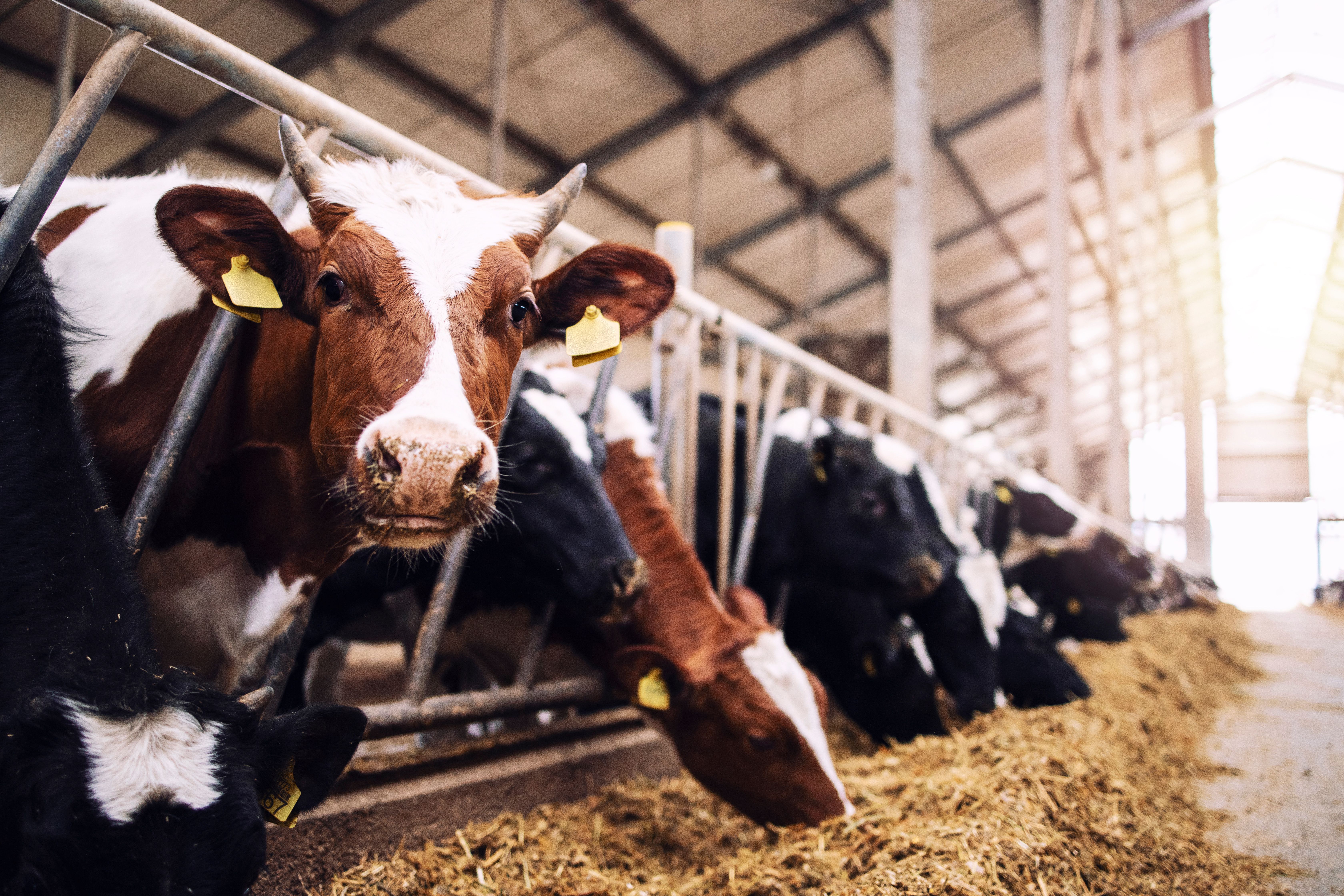Multiple states announce cattle import restrictions
Cattle from states with influenza cases are facing travel restrictions, despite WOAH recommending against it
littlewolf1989/stock.adobe.com

Alabama, Arizona, Arkansas, California, Delaware, Florida, Hawaii, Idaho, Kentucky, Louisiana, Mississippi, Nebraska, North Carolina, Pennsylvania, Tennessee, Utah, and West Virginia all announced that they have restricted travel on domestic cattle importations from the states where cattle have been exposed to highly pathogenic avian influenza virus (HPAI, specifically avian influenza Type A H5H1).1 Currently, H5H1 has been confirmed in 9 Texas dairy herds, 3 in Kansas, 2 in New Mexico, and 1 in Ohio, Michigan, and Idaho.
Currently, the USDA’s Animal and Plant Health Inspection Service (APHIS) is not issuing federal quarantines on cattle nor recommending any state quarantines or official holds on cattle. For cattle that must be moved, APHIS is encouraging veterinarians, animal health officials, and producers to be extremely diligent to be sure only healthy cattle are being transported and to ensure the validity of interstate health certificates.
In a guidance document released by the APHIS, it disclosed that the situation is rapidly evolving and new information is being received, reviewed, and analyzed constantly to make informed and adjusted recommendations accordingly. All testing on cattle is currently being done voluntarily and is a tool producers can use to help manage the diseases or reduce the risk of introducing them to new cattle.2
Along with the cattle affected, 3 cats living on an affected farm in Texas have tested positive for the virus. It is currently believed that the primary vectors of the virus are wild birds, which have been shown capable of now infecting other species of mammals besides cats.3 The World Health Organization wants people to avoid unprotected exposure to sick or dead animals, including poultry, domesticated birds, wild birds, and other wild or domesticated animals. They should also avoid animal feces, litter, and materials contaminated by birds or animals that are either confirmed or suspected of H5N1.1
Although APHIS is not issuing federal quarantines, it is recommending minimizing as much movement of cattle as possible and not moving sick or exposed animals. Cattle sick with this disease commonly present with low appetites and reduced milk protection. The animals affected have recovered after isolation with little to no morality reported.3
References
- States begin to restrict cattle imports from those with influenza cases. News release. American Veterinary Medical Association. April 9, 2024. Accessed April 10, 2024. https://avma.org/news/states-begin-restrict-cattle-imports-those-influenza-cases?utm_source=delivra&utm_medium=email&utm_campaign=todays-headlines-news
- Testing recommendations for influenza a in cattle. Accessed April 10, 2024. https://www.aphis.usda.gov/sites/default/files/nvsl-hpai-dairy-testing-recommendations.pdf
- States with HPAI-infected dairy cows grows to six. News release. American Veterinary Medical Association. April 4, 2024. Accessed April 10, 2024. https://www.avma.org/news/states-hpai-infected-dairy-cows-grows-six